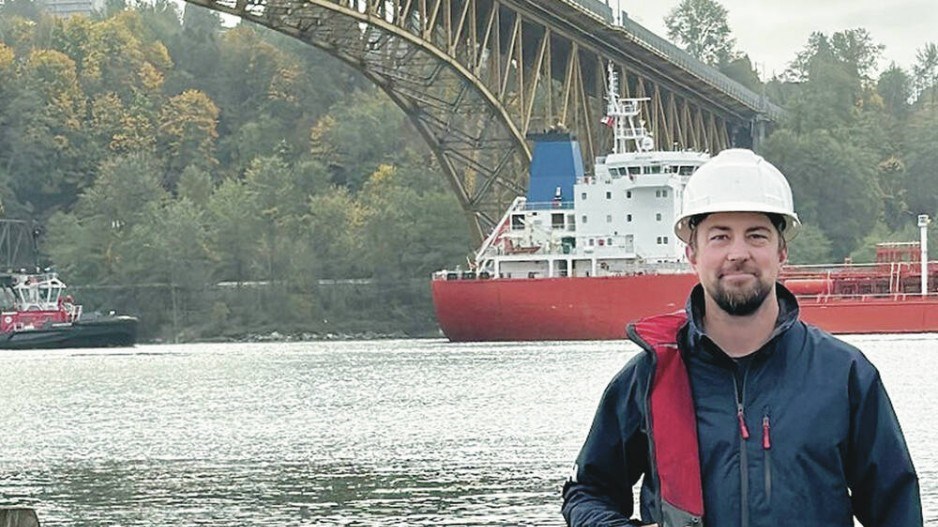Tugboat deckhand Thomas Cowan is in a unique position when it comes to using his Herald Street condominium as a principal residence when he is home in Victoria and as a revenue generator through Airbnb when he’s at sea.
These days he feels like collateral damage in the midst of new provincial and municipal rules regulating and restricting short-term rentals.
The province has introduced legislation hoping that thousands of units now used for short-term accommodation will join the long-term rental market and ease the housing shortage. The City of Victoria has also tightened up its rules.
Cowan, 37, works 21 days on and 21 days off.
The condo is his principal residence. It would sit empty half the year if he could not offer short-term rentals, he said. Cowan’s unit is not going to enter the long-term housing market because it is his home.
Cowan lives on board his employer’s tugboat in Vancouver Harbour when on the job. “My career is just working on a boat.”
That’s when his one-bedroom 600-square-foot unit is available for short-term stays.
He counts on that rental revenue to help cover mortgage costs and tuition. He’s one course away from earning his Master 500 GT (gross tonne) Domestic certificate. He had been hoping to next earn his Master 3,000 GT credentials at a time when skilled marine workers are in short supply.
The City of Victoria moved in the summer to restrict occasional rental of a person’s entire home to four bookings per year.
Restricting bookings will likely cut rental income to $6,000 from $24,000 per year, limiting future spending, Cowan said. “My education would stop.”
His condo building has legally non-conforming status allowing short-term rentals by owners who do not live there. That status is being stripped by the province for several buildings in the city, affecting many owners who are not living in their units as a principal residence.
Wayne Berthin of Gordon Head owns a two-bedroom unit in the Falls on Douglas Street, purchased five years ago specifically to post it on Airbnb and serve as an investment.
But because it is not a principal residence, which would allow some short-term rental, and because the building is losing its legal non-conforming status allowing transient accommodation, he’s is among those facing a loss of income once its allowed use changes.
“I think it is an attack on property rights,” Berthin said.
But Wendy Wall, president of the Vancouver Island Strata Owners Association, which represents nearly 10,000 units, said the province’s action had been expected and believes many owners and strata councils welcome it.
Some strata buildings have bylaws prohibiting short-term accommodation while others do not and may have many such units in a building.
Short-term accommodation can affect the character of a building — “it starts to feel like a hotel,” she said.
The association has heard complaints from strata unit owners about short-term accommodation, such as people coming and going all the time, noise, wear and tear on the building and damage.
A plus for owners who live in their units is that they feel they know their neighbours and see their faces, Wall said. They are more likely to become involved in the running of their buildings. An owner of multiple short-term units who does not live in the building can be disconnected from the strata, she said. “Part of strata living is being part of and contributing to the community.”
When non-resident owners run short-term rentals, that leaves building responsibilities to the owners who live there, she said.
She knows of one four-unit strata with only one resident owner. That individual is left to deal with a range of questions and issues from short-term visitors and does not benefit from short-term accommodation.
“It creates an imbalance as to who is going to operate that strata.”
Wall predicts the new legislation will provide a level playing field and clarity for owners in what can be a complex and confusing field.
>>> To comment on this article, write a letter to the editor: [email protected]




